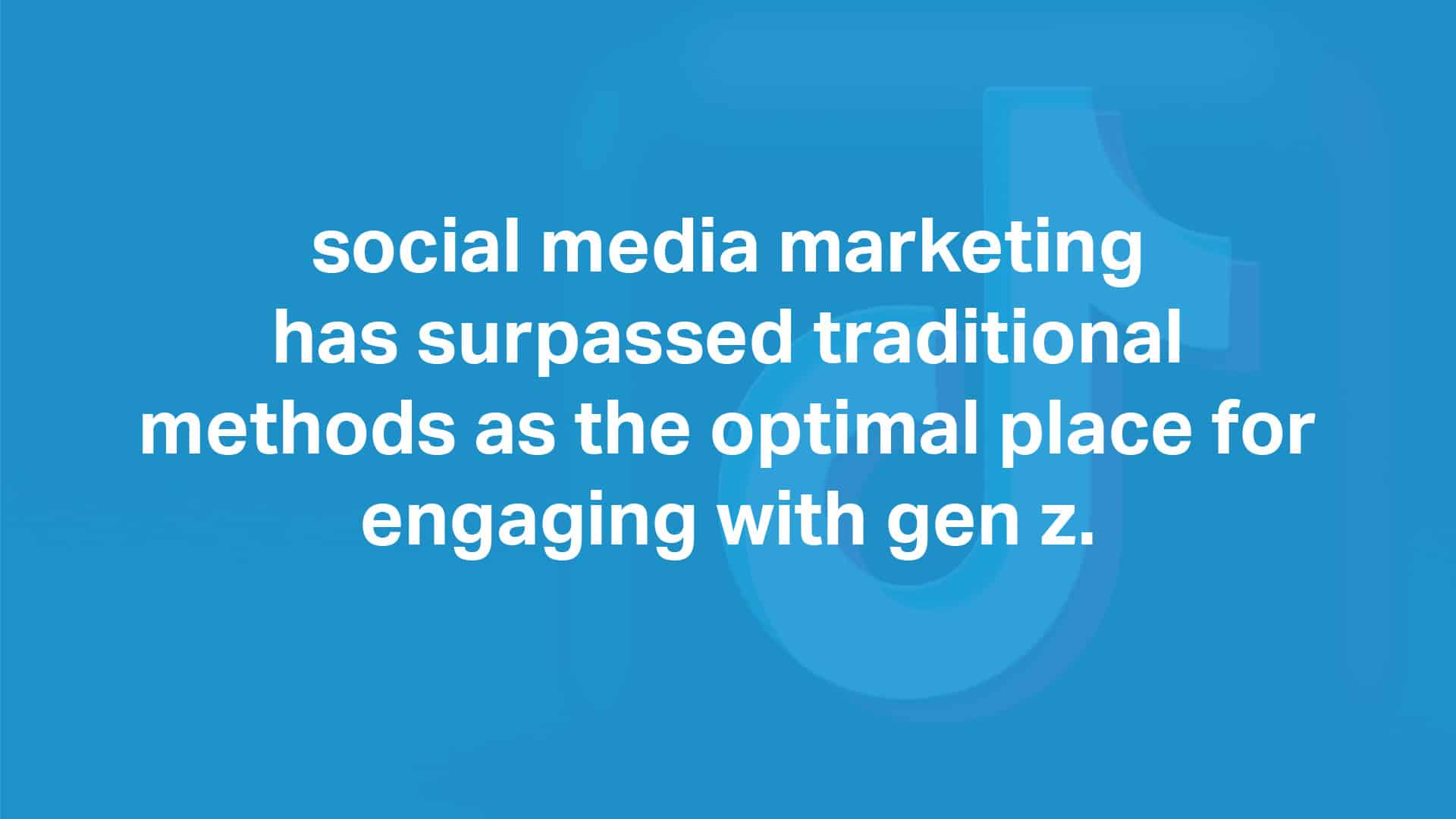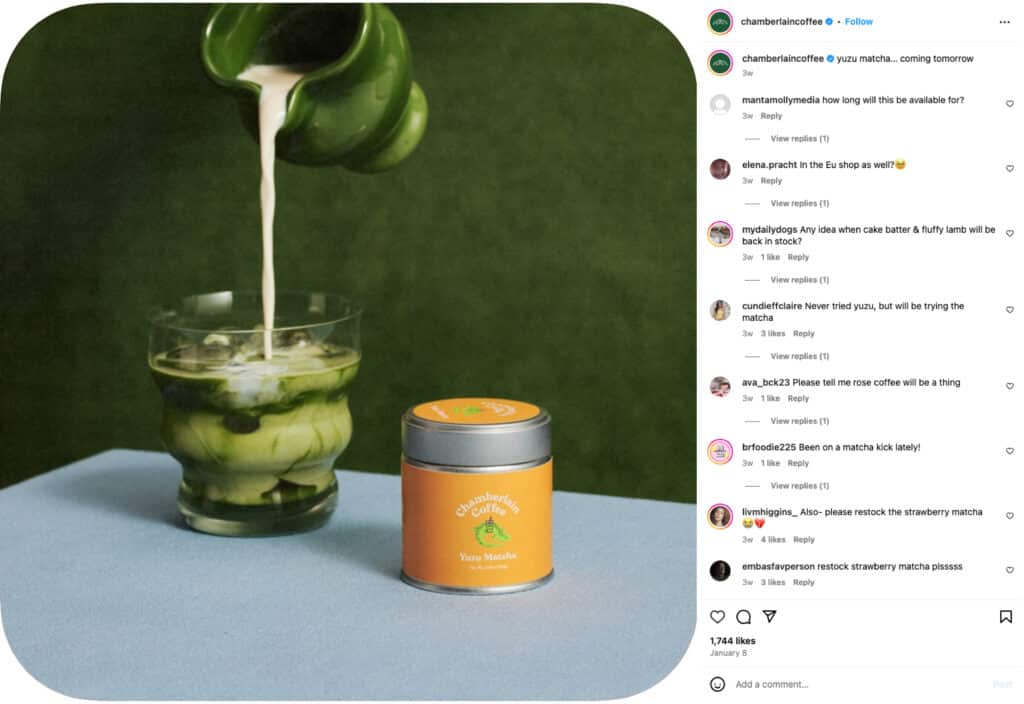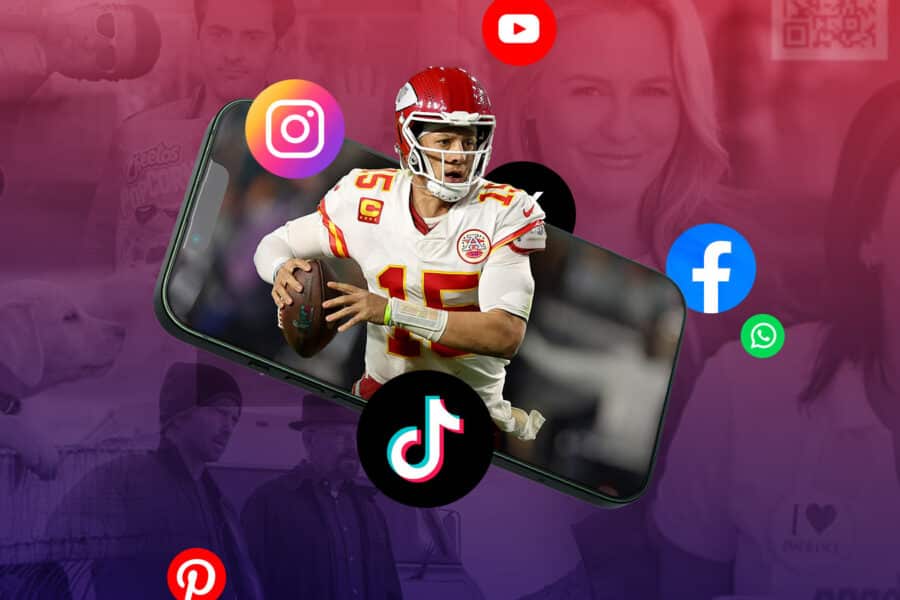decoding gen z
Key Takeaways:
- Social media marketing has become one of the best places to meet and influence Gen Z.
- Gen Z values emotional authenticity over the actual product or service.
- The attention span of Gen Z is revealed to be less than 1.3 seconds.
In the realm of marketing, a paradigm shift has occurred with the emergence of a new generation of free thinkers, diverging from the monotonous commercials and misleading ads that have characterized the industry for years. This innovative cohort has introduced an unconventional approach that resonates uniquely with the younger demographic, emphasizing emotional authenticity over the actual product or service.
Understanding the imperative of engaging with customers, fostering customer-brand relationships, and incorporating sustainable practices, brands now recognize the significance of aligning their strategies with the values and preferences of this discerning generation.
Capturing Attention in Seconds
Traditional advertising channels such as TV commercials, radio ads, and print ads, laden with repetitiveness, struggle to capture the attention of Generation Z. Recognizing the need for a change, social media tools and techniques, particularly on platforms like TikTok, have become pivotal. Short-form videos have revolutionized marketing strategies by presenting products through influencers in an entertaining manner, seamlessly blending into the user’s content consumption experience.
The urgency to capture the brief attention span of Gen Z, revealed to be less than 1.3 seconds, underscores the effectiveness of platforms like TikTok. The platform’s influence extends beyond mindless scrolling, offering an environment where brands can showcase products organically, generating interest and facilitating quick purchasing decisions.

Crafting Visual Narratives
Aesthetic preferences and mood play a crucial role in Gen Z’s consumer behavior. With a distinct cultural identity, this generation is influenced by social media influencers like Emma Chamberlain, who epitomizes authenticity. Leveraging her popularity, Emma’s ventures into product launches, such as Chamberlain Coffee, demonstrate the power of relatability and authentic branding.
Humor becomes a key element in marketing to Gen Z, as the traditional awkward humor associated with millennials gives way to a new style. Brands like Duolingo have successfully embraced Gen Z’s humor on platforms like TikTok, engaging millions of users and experiencing significant growth.


Future-Proofing Marketing
Looking ahead, the marketing landscape must continually adapt to Gen Z’s values, characterized by digital fluency, authenticity, and social responsibility. Transparency, genuine connections, and a mutual understanding of shared values are integral to building lasting relationships between brands and this dynamic demographic. Recognizing and respecting the Gen Z perspective on marketing is not merely an option but a necessity for businesses striving to thrive in an ever-evolving landscape.


